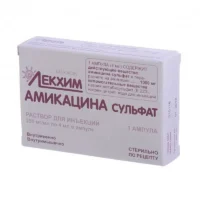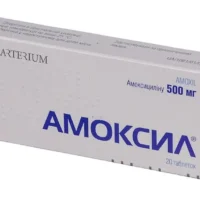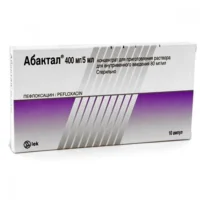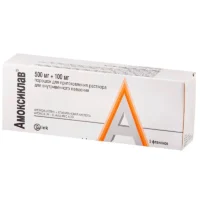Description
Metronidazol (Metronidazole) Tablets 0.25 №20
Ingredients:
- Each tablet contains 0.25mg of Metronidazole.
Dosage:
- The usual dose is one tablet taken orally three times a day for 5-10 days.
Indications:
Metronidazole is indicated for the treatment of various infections caused by bacteria and parasites. It is commonly used for infections of the skin, stomach, vagina, joints, and respiratory tract.
Contraindications:
Do not use Metronidazole if you are allergic to it or if you have a history of blood disorders. It is not recommended during the first trimester of pregnancy.
Directions:
Take Metronidazole exactly as prescribed by your healthcare provider. It is important to complete the full course of treatment even if you start to feel better.
Scientific Evidence:
Studies have shown that Metronidazole is effective in treating a wide range of bacterial and parasitic infections. Research published in the Journal of Antimicrobial Chemotherapy demonstrated the efficacy of Metronidazole in the treatment of Helicobacter pylori infections.
Additional Information:
Metronidazole may cause side effects such as nausea, headache, and metallic taste in the mouth. It is important to avoid alcohol while taking this medication as it can cause severe reactions.
Metronidazole works by entering bacterial and protozoal cells and interfering with their DNA, leading to cell death. This mechanism of action makes it effective against a variety of infections.
Clinical trials have shown that Metronidazole is comparable in efficacy to other antibiotics commonly used for similar indications. Its broad spectrum of activity and relatively low resistance rates make it a valuable option in the treatment of various infections.





